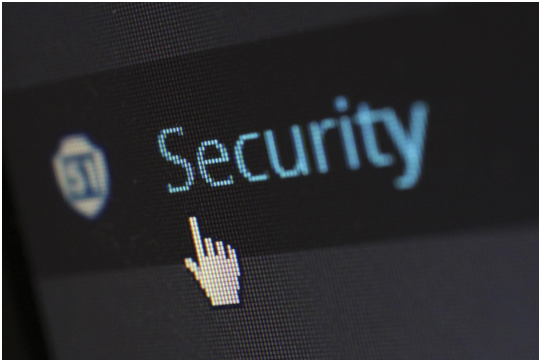
University Of Phoenix Cybersecurity Programs Teach Ideas To Stay Safe Online
Businesses are told to be ready for any type of disaster, but these prevention efforts often concentrate on avoiding physical damage such as for example fire, floor or burglary.
Less attention is placed on another type of damage that can severely hurt a company: an unauthorized breach right into a computer network. Individual hackers or organized hacker groups cause chaos for victimized businesses, from stealing customer data or remotely locking every machine until a big sum of money will be paid.
Businesses of all sizes are targeted by code hackers, not just larger firms. System breaches require time and funds to recuperate from and restore. They also cause damage not just to infrastructure and customer data lost but additionally to a companys public reputation. supplement other cybersecurity programs available through University of Phoenix offering more insight to students thinking about the specialty fields of network forensics or digital forensics.
Employers are wanting to hire people with probably the most current skills and best practices in cyberdefense, whether establishing and testing vulnerabilities of a network or investigating what sort of breach occurred.
To take advantage of these growing workplace needs, University of Phoenix offers two new cyber certificate programs.
The Certificate in Cybersecurity Digital Forensics, or CYDF, teaches proper protocol and how to perform a digital investigation. Students also receive guidance on working with a company to create an incident response plan. The program carries a variety of tools made to look deep within a machine or network to get hidden forensic information or breach details.
The Certificate in Cybersecurity Network Forensics, or CYNF, teaches methods which you can use to examine systems by performing a networking penetration test. Students also discover ways to analyze the vulnerabilities of all the machines in a network and respond to security incidents.
These programs can supplement other cybersecurity programs available through University of Phoenix that provide more insight to students interested in the specialty fields of network forensics or digital forensics.
Instead of one comprehensive review each year, it may be better to have three or four shorter reviews. University of Phoenix adopted this technique itself, and it has shown to be helpful in keeping connections with employees and fostering productive conversations. With remote work, losing the bond that forms from in-person interaction is easy. Frequent reviews allows more one-on-one time. Plus, there are fewer surprwill bees for the employee. Staff will know just how they are doing and if they are usually improving, without waiting a whole year for feedback. The employee also feels supported every step of just how.
Courses were designed with input from several cyber associations to ensure they include current best practices and information needed in the future. These include CompTIA, EC-Council and Amazon Web Services. Employees from the University of Phoenix often talk with representatives from these groups to speak about possible workforce needs for cybersecurity.
Follow University of Phoenix on U.S. News



